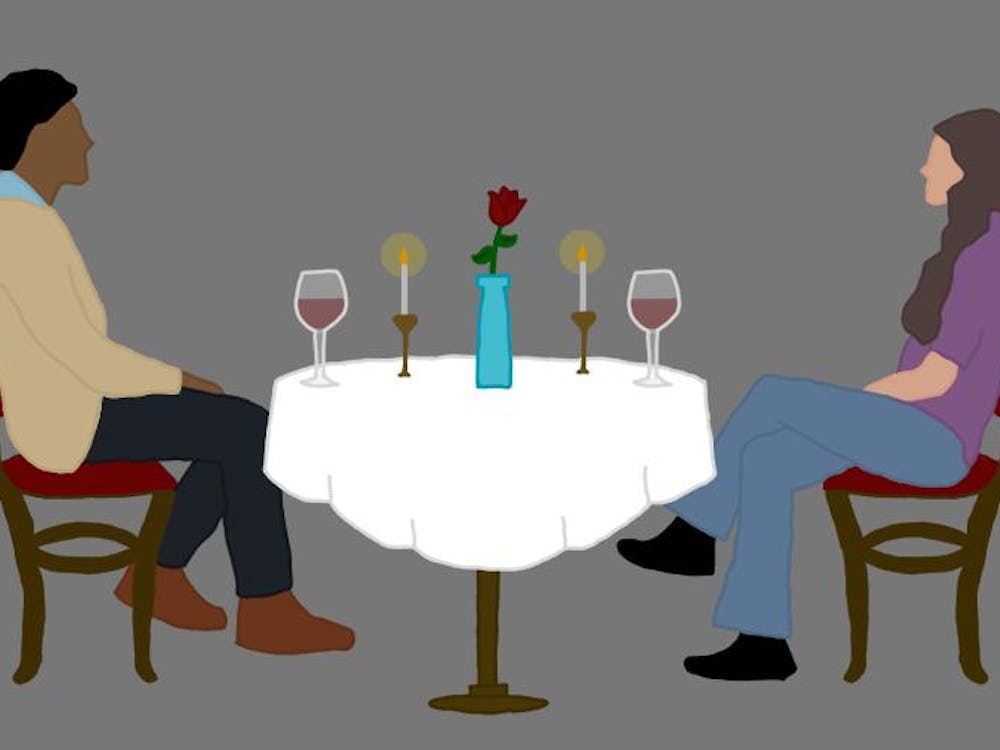I often wonder if I'm stupid. Not 'I accidentally pot-roasted my toothpaste' stupid, but rather, 'I have no control over my thoughts' stupid. This does not directly correlate to grades or IQ, but has a perfectly negative relationship with the number of people who will admit to knowing you. Many of you might reply, "But, Chris, I once told somebody I knew you. Granted, it was the police." I appreciate your astute and complimentary comments, no matter how drunk you were when you said them. Yet I do not think you would continue this friendship if you lived inside of my head. This is because my head holds only two thoughts:
Is that a squirrel?
Oh, no. That's not a squirrel.
You would certainly be bored alongside my thoughts, especially if you knew how often I mistake things -- shoes, buses, weathermen -- for squirrels.
Having such an empty head is troublesome. In conversations I have trouble thinking quickly and responding in a fashion that would indicate I know English. Yet I haven't habituated to this problem in a normal way. Most individuals with this infliction stop interacting with others and become engineers. I, though, have taken a different route, partly because I, unlike an engineer, have made it to first base with a real girl (well, maybe not technically).
What I've done instead is actually speed up my speech and say more than I should. Rather than respecting my brain's reticence to let me speak, I talk and talk without knowing what I'm saying. This has a few negative consequences, such as awkwardness if I'm asked to repeat what I just said:
Me: Beowulf is an anti-Nazi rhetoric corresponding with Italian Expressionism and, of course, with that experiment that proved dodo birds were extinct.
Teacher: Brilliant. Now please stop hiding behind my desk and repeat it to the class.
Me: [Long pause as I try to remember what I just said]. Um, Beowulf was, um, a Nazi?
Teacher: What? Are you dumb?
Me: No speaka English.
What normally happens, ironically, is people construe this character flaw as quirkiness. "Oh, Chris," they will say, "That's not a squirrel. That's a classroom. You're so funny." Yet I don't mean to be. When I prattle on about how reality TV is a level of hell, my friends and acquaintances think I'm humorous, when this is not my goal. I'm merely veering our conversation away from a topic that may force me to think.
I always feel out of place when I end up around people discussing some serious topic, such as race, religion or the state of a country so backward it doesn't even have one IMAX theater. This fact keeps me awake at night for at least a whole two minutes.
What usually happens in these situations is I quiet down, afraid that I'll accidentally make an insensitive or naive comment. So I sit and watch the conversation. I've found the speakers take much pride in having beliefs nobody disagrees with:
Person 1 [with pride]: I dislike bad people.
Person 2 [with more pride]: Well, I dislike bad things.
Person 3 [with the up-most pride]: Well, I dislike bad people and bad things.
To which I add, to create some debate:
Me: Well, I dislike the Southern Hemisphere. Endangered species too.
I would much prefer arguing about what the right way to slam a door is than about whether a certain act involving attempted robbery is ethical. Indeed, "ethical" is a word that annoys me, as what is '"good" for you may not be "good" for me. You may believe stealing is wrong, while I find murder wrong. Is one of us more right than the other? I don't know, but while you're pondering this, I'm stealing your household items, with specific emphasis on worthless -- though meaningful -- family heirlooms.
Is this unethical? Probably, but I don't have enough brain power to ... ooooh is that a squirrel?
Oh, no, that's not a squirrel.
That's a weatherman.
Chris' column usually runs weekly Mondays. He can be reached at shuptrine@cavalierdaily.com.






